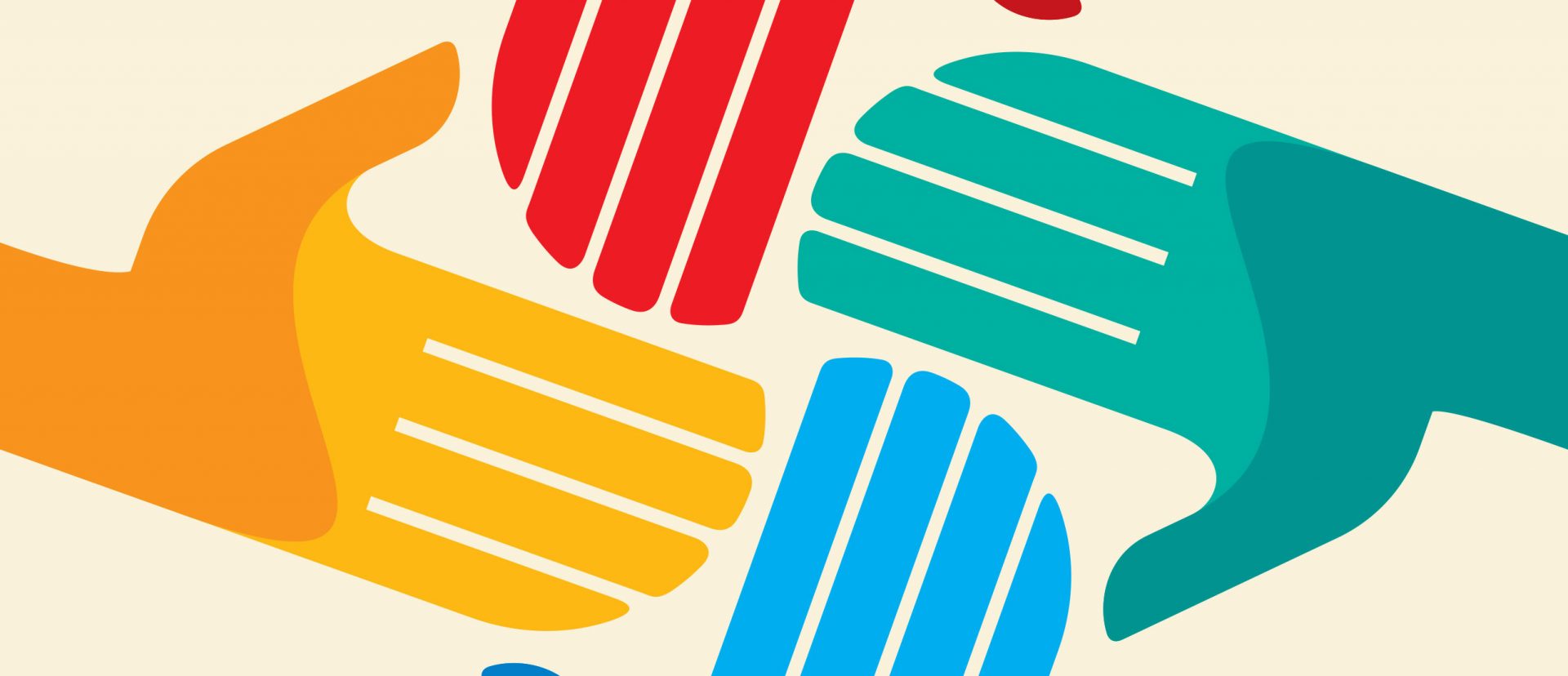The impact of the ongoing COVID-19 pandemic has been relentless, both from direct affliction with the virus itself and from the economic downturn devastating numerous industries. Though the novel coronavirus has ushered in a wave of economic fallout in the United States, it recalls past crises and the emergence of so-called crisis cartels, trying to brace the economic downswing. Given the economic effects of globalization and substantial growth of various industries, cooperation between individuals and companies became inevitable in order for them to survive, even as authorities warn that those who try to take advantage of times of crisis and circumvent anti-competition laws will be prosecuted. This article examines the periods following September 11, 2001, the 2008 financial crisis, and the current COVID-19 pandemic as times of economic distress in the U.S., when crisis cartels emerge.
By Jeffrey Martino & Darley Maw1
All around the globe, the impact of the ongoing COVID-19 pandemic has been relentless, both from direct affliction with the virus itself and from the economic downturn devastating numerous industries. Given the increased demand for items such as personal protective equipment (PPE), medical devices and supplies, and basic household items, the U.S. government announced an expedited antitrust procedure for the creation of joint ventures for new goods or services made in response to the pandemic. Still, authorities have made it clear that they con
...THIS ARTICLE IS NOT AVAILABLE FOR IP ADDRESS 216.73.216.213
Please verify email or join us
to access premium content!

